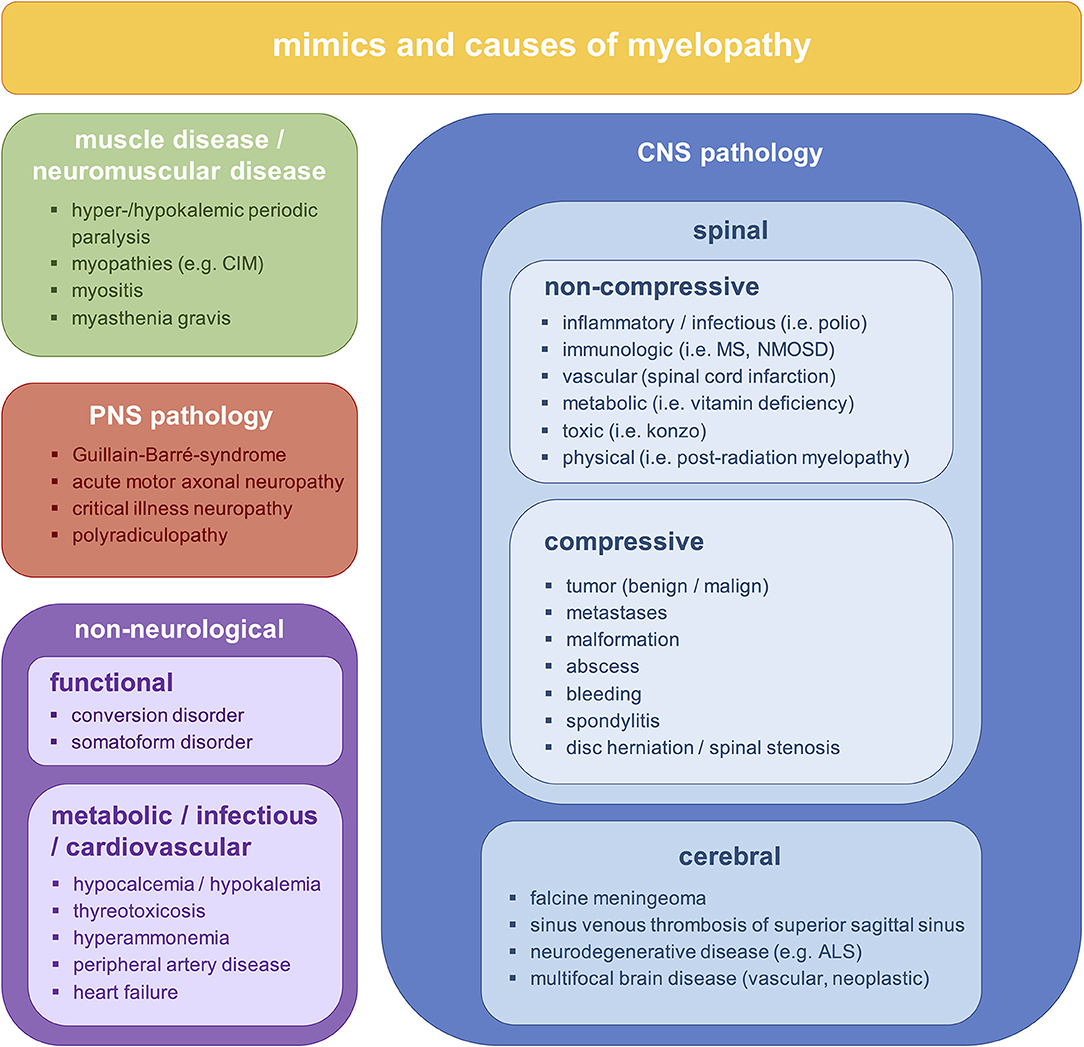
Suspected Metastasis Of Paralytic Syndrome
Suspected Metastasis Of Paralytic Syndrome is a condition that causes paralysis or weakness in one or more parts of the body. It can be caused by various factors such as nerve damage, trauma, infections, or autoimmune diseases. In some cases, paralytic syndrome can be a symptom of a more serious underlying condition such as metastatic cancer. In this article, we will discuss the signs and symptoms of suspected metastasis of paralytic syndrome and what you need to know about it.
What is the Suspected Metastasis Of Paralytic Syndrome?
Suspected Metastasis Of Paralytic Syndrome is a condition that affects the nervous system and causes paralysis or weakness in one or more parts of the body. The paralysis can be temporary or permanent and may affect the muscles, nerves, or both. The condition can be caused by various factors such as:
- Trauma to the nerves or spinal cord
- Infections such as polio, meningitis, or encephalitis
- Autoimmune diseases such as multiple sclerosis or Guillain-Barre syndrome
- Toxins such as botulinum toxin or lead poisoning
- Genetic conditions such as muscular dystrophy
What is Metastatic Cancer?
Metastatic cancer is a type of cancer that has spread from its primary site to other parts of the body. It occurs when cancer cells break away from the primary tumor and travel through the bloodstream or lymphatic system to other parts of the body. Metastatic cancer can be difficult to treat and can cause serious complications.
Signs and Symptoms of Suspected Metastasis of Paralytic Syndrome:
If you have paralytic syndrome and notice any of the following signs or symptoms, you may have suspected metastasis of cancer:
-
Suspected Metastasis Of Paralytic Syndrome:
If you have paralytic syndrome and notice new or worsening weakness or paralysis, it may be a sign that the condition is caused by metastatic cancer. The weakness or paralysis may affect one or more parts of the body and may be accompanied by other symptoms such as pain, numbness, or tingling.
-
Unexplained weight loss:
Unexplained weight loss can be a sign of metastatic cancer. If you have paralytic syndrome and notice that you are losing weight without trying, it may be a sign that the condition is caused by cancer.
-
Fatigue:
Fatigue is a common symptom of cancer and can be caused by the body’s immune system fighting the cancer cells. If you have paralytic syndrome and notice that you are feeling more tired than usual, it may be a sign that the condition is caused by metastatic cancer.
-
Difficulty breathing:
If you have paralytic syndrome and notice that you are having difficulty breathing, it may be a sign that the condition is caused by metastatic cancer. This can be caused by the cancer spreading to the lungs or by tumors pressing on the lungs or airways.
-
Changes in bowel or bladder function:
Changes in bowel or bladder function can be a sign of metastatic cancer. If you have paralytic syndrome and notice changes in your bowel or bladder function, such as constipation, diarrhea, or incontinence, it may be a sign that the condition is caused by cancer.
-
Bone pain:
Metastatic cancer can cause bone pain, especially if the cancer has spread to the bones. If you have paralytic syndrome and notice new or worsening bone pain, it may be a sign that the condition is caused by cancer.
Diagnosis and Treatment:
If you have paralytic syndrome and suspect that it may be caused by metastatic cancer, your doctor may order diagnostic tests such as X-rays, CT scans, MRI scans, or bone scans. These tests can help determine if there is any evidence
Suspected Metastasis Of Paralytic Syndrome How Its Work?
When paralytic syndrome is suspected to be caused by metastatic cancer, it means that cancer cells have spread from their primary site to the nervous system, resulting in paralysis or weakness in one or more parts of the body. Metastasis occurs when cancer cells break away from the primary tumor and travel through the bloodstream or lymphatic system to other parts of the body, including the nervous system.

The cancer cells can invade the nerves or spinal cord, disrupting their ability to transmit signals to the muscles and causing paralysis or weakness. The extent of paralysis or weakness depends on the location of the cancer cells in the nervous system and the degree of nerve damage.
In addition to paralysis or weakness, metastatic cancer can cause other symptoms such as pain, numbness, or tingling. This can be due to the pressure that tumors place on nerves or tissues, or as a result of the cancer spreading to other organs in the body.
Diagnosing metastatic cancer as the cause of paralytic syndrome typically involves a series of tests, including imaging scans such as X-rays, CT scans, MRI scans, or bone scans. These tests can help identify the location and extent of the cancer cells in the nervous system and determine if there is any evidence of the cancer having spread to other parts of the body.
Once a diagnosis of metastatic cancer is confirmed, treatment may involve a combination of surgery, radiation therapy, chemotherapy, and other treatments such as immunotherapy. The goal of treatment is to remove or destroy as much of the cancer cells as possible and relieve symptoms such as paralysis or weakness.
In some cases, metastatic cancer cannot be cured, but treatment can help control the growth and spread of cancer cells and improve quality of life. Palliative care may also be provided to manage symptoms and improve comfort.
If you want to get amazing benefits by using this link
Conclusion:
It is important to note that not all cases of paralytic syndrome are caused by metastatic cancer. Other factors such as nerve damage, infections, or autoimmune diseases can also cause paralysis or weakness. Therefore, a proper diagnosis is crucial for determining the underlying cause of the condition and developing an effective treatment plan.
In summary, suspected metastasis of paralytic syndrome occurs when cancer cells have spread to the nervous system, causing paralysis or weakness in one or more parts of the body. Diagnosing this condition involves a series of tests to identify the location and extent of the cancer cells, and treatment typically involves a combination of surgery, radiation therapy, chemotherapy, and other treatments. A proper diagnosis is crucial for determining the underlying cause of the condition and developing an effective treatment plan.



